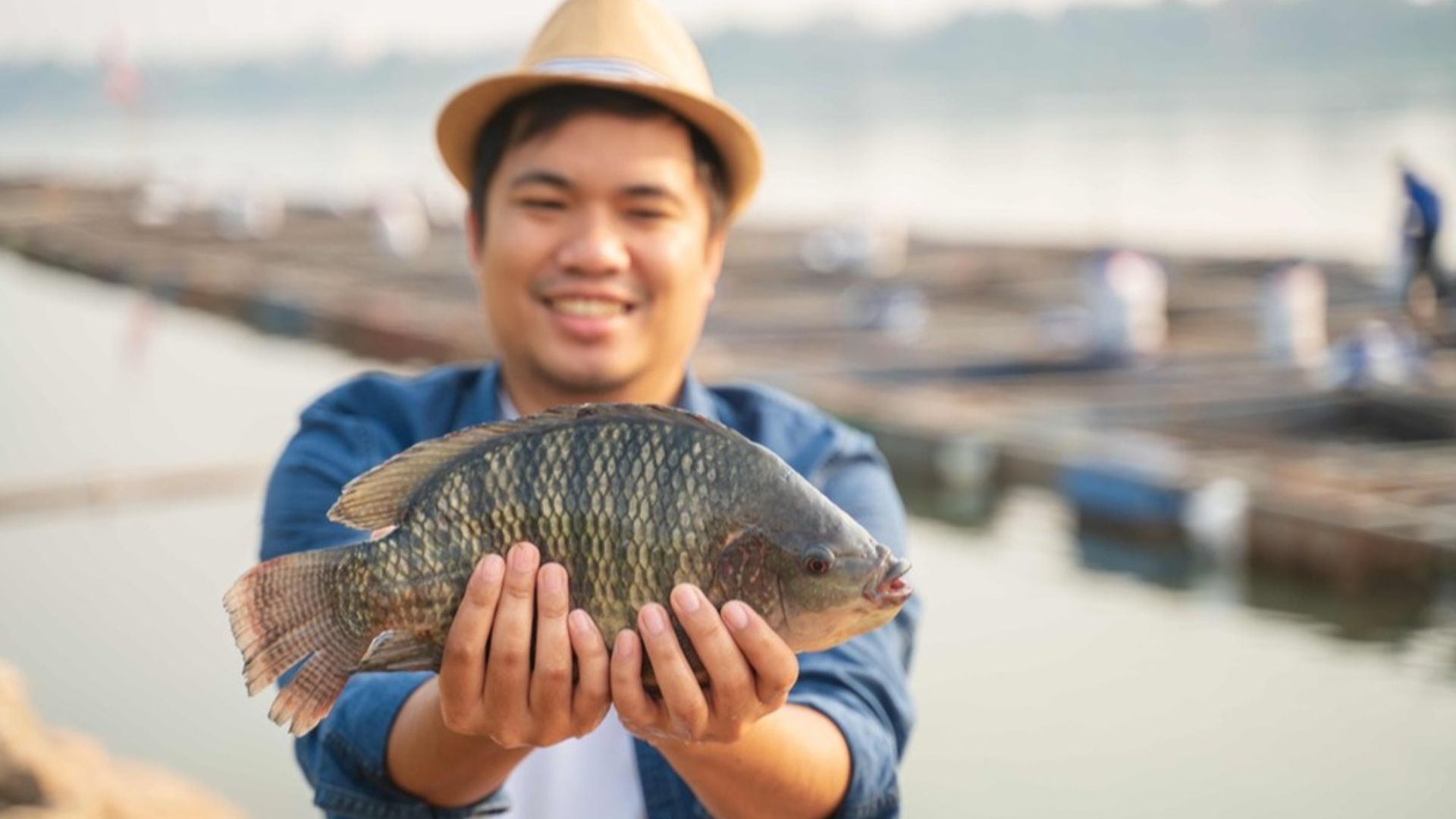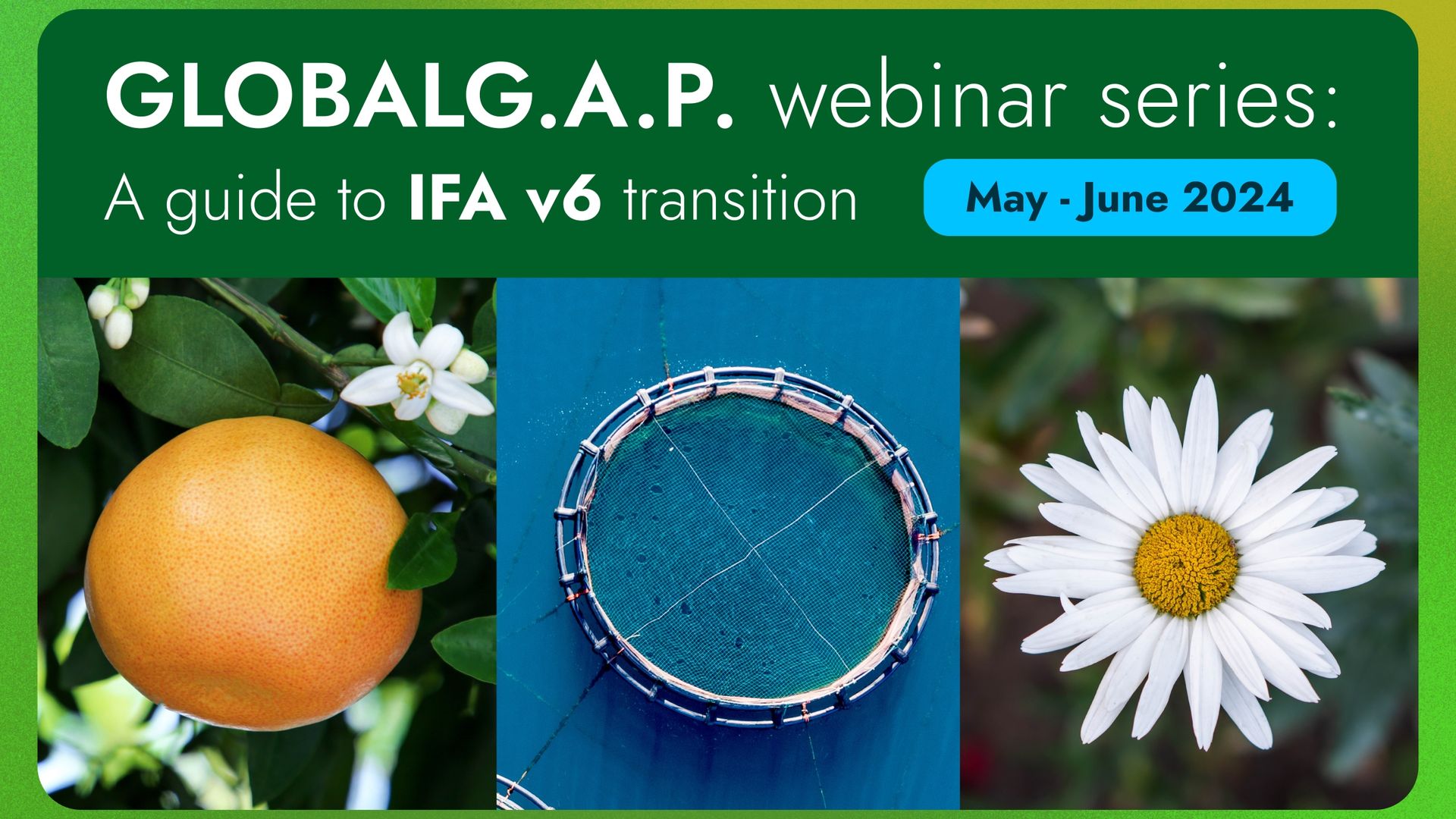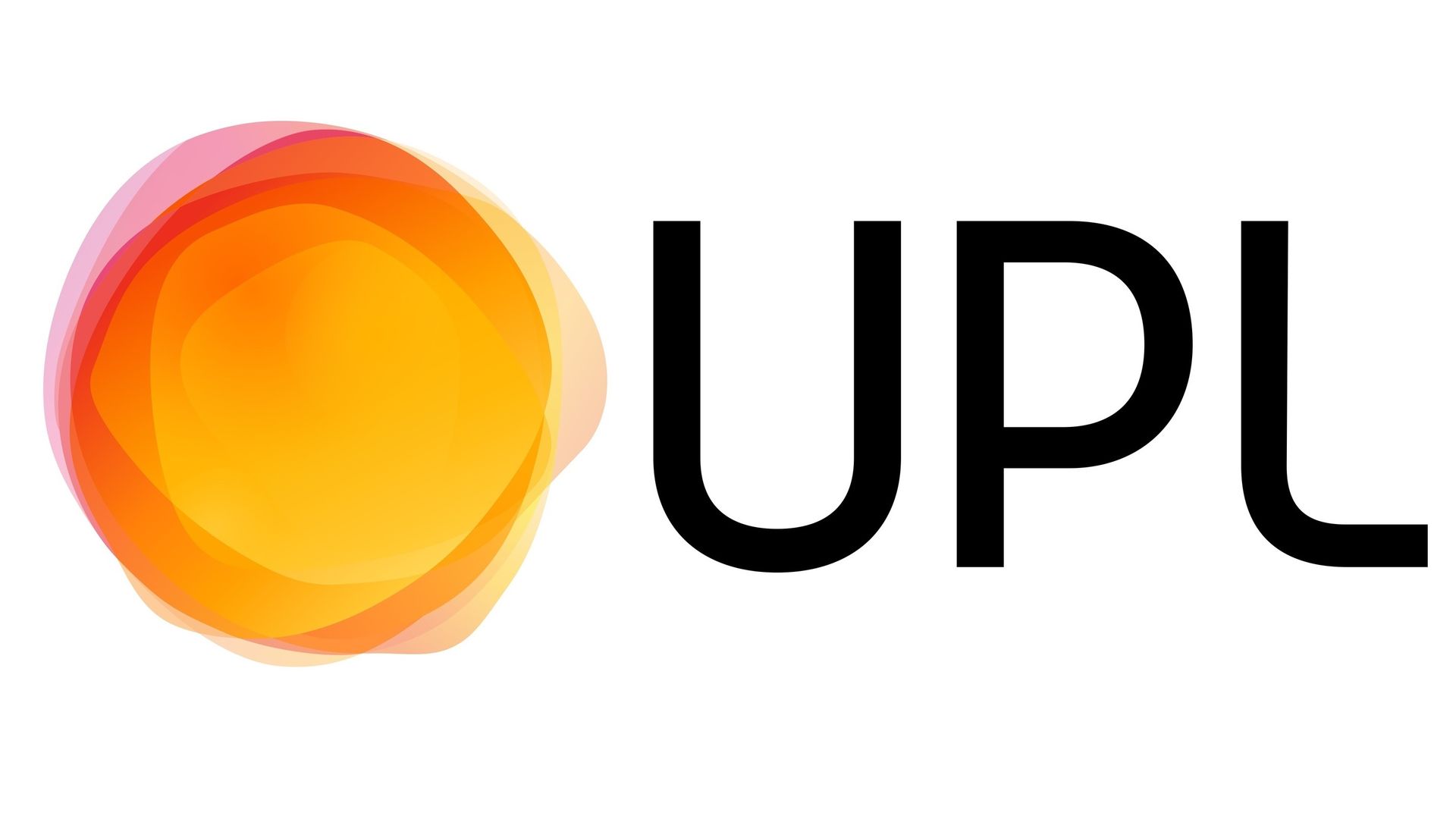30 June 2022
GGN label awarded top quality rating for sustainable aquaculture
Milieu Centraal, an independent Dutch educational sustainability foundation, has awarded the GGN label the highest classification of “top quality label.”
Milieu Centraal, an independent Dutch educational sustainability foundation, has awarded the GGN label the highest available classification of “top quality label” for the seafood sector in their latest study of food labels.
The “top quality label” criteria assess consumer food labels through the key areas of environmental sustainability, animal welfare, social responsibility, control, and transparency. Performance is ranked on a scale from 0 to 5, with 13 labels assessed for seafood in the 2022 study.
The GGN label stands for certified, responsible farming and transparency in three product categories: fruit and vegetables, flowers and plants, and farmed seafood. The GGN label for aquaculture products was one of only two labels in the “fish, crustaceans, and shellfish” group to score higher than grade 3 in every category – including ratings of 4 for environment, 4 for transparency, and 5 for control.
This represents more ambitious sustainability criteria in comparison with other conventional labels, and an improvement on the last rating of the GGN label by Milieu Centraal in 2019.
About Milieu Centraal’s top quality labels
According to Milieu Centraal, top quality labels represent the “frontrunners” among food labels, setting the strictest standards in the areas of environment, animal welfare, and workers’ well-being at the time of assessment. The organization recommends products with these labels to consumers seeking to contribute to a more sustainable food chain.
Milieu Centraal provides information on approximately 300 different consumer labels and logos basing their assessment on aspects such as the transparency and accessibility of information, concrete and measurable criteria, monitoring of compliance, and sanction policies to guarantee that the specified requirements are met throughout the production process.
In short, the organization states that a top quality label must meet three key requirements:
The label must be ambitious (strict) in its sustainability requirements on the environment, people, and animal welfare that go further than the industry norm, with a top quality ranking achieved by a score of 4 or 5 in at least one of these areas.
The label must be transparent in the accessibility and wording of requirements that makes them easy to find and understand. A score of 4 or 5 is required for a top quality label.
The label must be reliable in the verification of compliance, preferably conducted by an independent organization approved by the Dutch Accreditation Council or comparable institution. A score of 4 or 5 is required for a top quality label.
Results of the 2022 assessment
In the Milieu Centraal 2022 assessment, the GGN label’s level of ambition was based on requirements for farmed salmon, confirming GLOBALG.A.P.’s strong sustainability credentials. Milieu Centraal highlighted several aspects of the comprehensive GLOBALG.A.P. standards behind the label, in addition to the fact that these are verified by accredited and independent third-party certification bodies.
In the environmental sustainability category, the report notes criteria from the GLOBALG.A.P. Integrated Farm Assurance (IFA) for aquaculture standard on the protection of natural ecosystems, such as preventative measures against predators, the monitoring and optimization of energy use, as well as animal feed sourced exclusively from GLOBALG.A.P. certified production processes.
Relating to animal welfare, Milieu Centraal praised the requirements on fish health, including water quality and stocking density, slaughter practice, and transport rules. In the people and work category, several positive criteria of the GRASP add-on – a GGN label requirement – were highlighted, including prohibitions on child and forced labor as well as discrimination, and the freedom of association in accordance with the International Labor Organization (ILO) of the UN. The provision of written contracts and a living wage, as well as impacts on local communities, are also observed.
Established in 1998 on the initiative of the former Dutch Ministry of the Environment, Milieu Centraal’s core aim is to help people make informed and sustainable purchasing choices that are based on facts rather than commercial interests.
Still financed in part by the Dutch Ministry of Agriculture, Nature and Food Quality, the organization retains its impartiality through an independent supervisory board and independent scientific advisory board. It regularly publishes information and guides on brands and quality labels. https://www.milieucentraal.nl/
The GGN label is a consumer label that stands for certified, responsible farming and transparency. Found in stores on both packed and loose fruit and vegetables, as well as on farmed seafood, flowers, and plants, the label offers shoppers a quick, consistent way to recognize products that align with their values.
All products bearing the GGN label come from farms with production processes that are independently certified according to the strict criteria of GLOBALG.A.P. standards. This confirms that they were produced in line with responsible farming practices that cover food safety, environmental sustainability, animal welfare, social responsibility, and supply chain transparency.
Products with the GGN label also feature a 13-digit identification code in the form of a GLOBALG.A.P. Number (GGN) or Chain of Custody (CoC) Number. Through a dedicated GGN label portal, consumers can find all the relevant traceability information connected with the product.
The GGN label is owned by FoodPLUS GmbH in Cologne, Germany. To find out more, visit www.ggn.org.
Latest news and events
11 April 2024
New GLOBALG.A.P. webinar series: A guide to IFA v6 transition
26 March 2024
Spotlight on UPL Ltd: Fostering sustainability and food security as a community member
Apr 22, 2024 - Apr 26, 2024
Academy training: IFA v6 for fruit and vegetables in French
May 06, 2024 - May 10, 2024
Academy training: IFA v6 for fruit and vegetables in English
May 30, 2024 - May 31, 2024
Academy training: SPRING v2 in Spanish
Jun 10, 2024 - Jun 14, 2024
Academy training: IFA v6 for fruit and vegetables in Spanish
Sep 10, 2024 - Sep 12, 2024
GLOBALG.A.P. SUMMIT 2024


